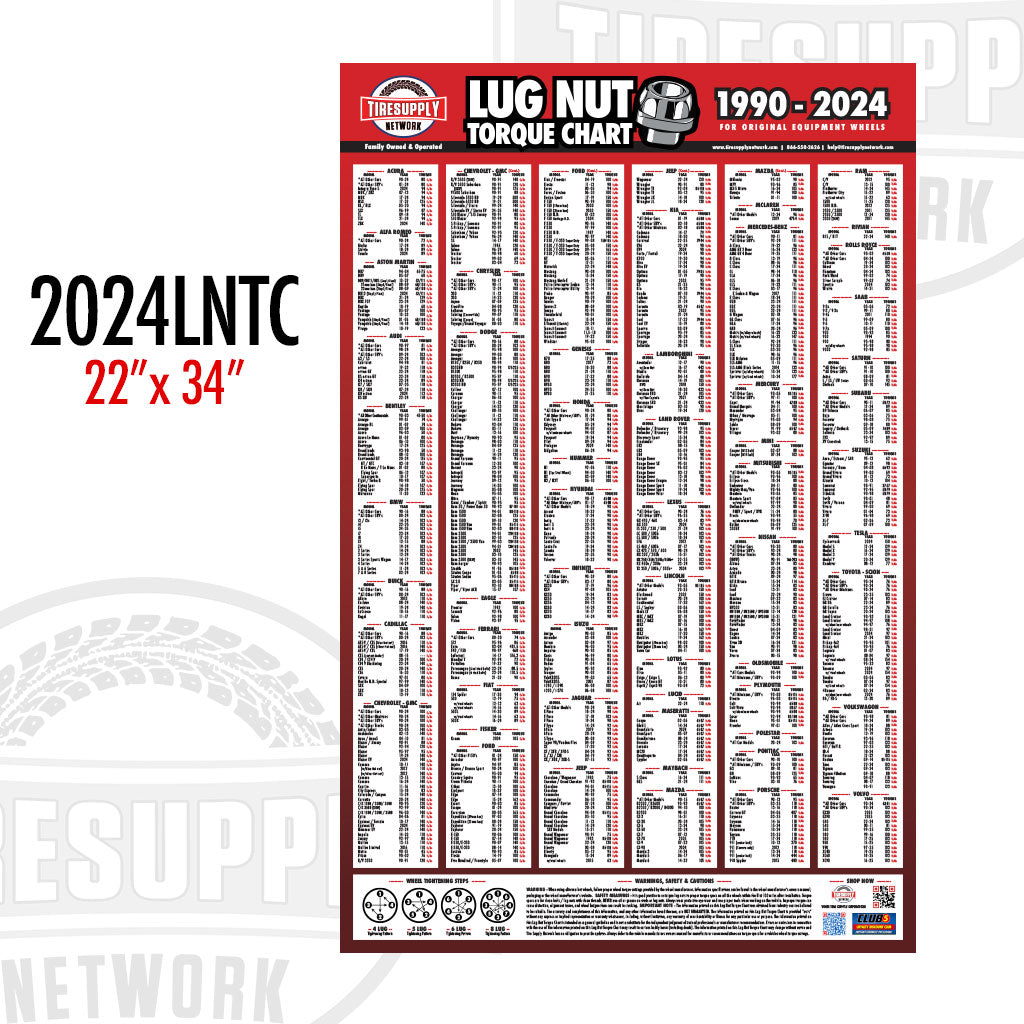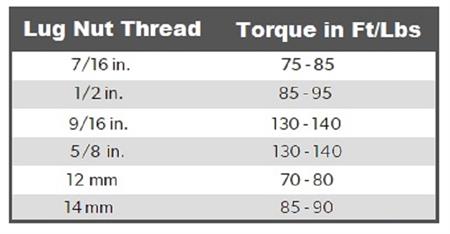Imagine you’re driving down the road, feeling the smoothness of the ride, when suddenly, something feels off. You pull over and realize your lug nuts are loose.
This scenario is more common than you might think, and it all boils down to one crucial element: lug nut torque. Knowing what lug nut torque is can be the difference between a safe journey and a potentially dangerous situation.
Lug nut torque refers to the amount of force applied to tighten the lug nuts that secure your vehicle’s wheels. It’s a fundamental aspect of vehicle maintenance that you need to understand. Proper torque ensures your wheels stay firmly attached, providing stability and safety on the road. But what happens if you over torque lug nuts? It might seem like tightening them as much as possible is a good idea, but this could lead to unexpected problems. Stay with us as we delve into the nuances of lug nut torque, revealing why it’s vital for your vehicle and how you can ensure your wheels are always securely fastened. Whether you’re a seasoned driver or new to the world of automobiles, understanding lug nut torque will empower you to keep your vehicle safe and sound.

Credit: tiresupplynetwork.com
What Happens If You Over Torque Lug Nuts
Over-torquing lug nuts can lead to damaged wheel studs or brake rotors. This excessive force weakens the wheel assembly, potentially causing wheel failure. Proper lug nut torque ensures safe and secure wheel attachment, preventing accidents and costly repairs.
Lug nuts are crucial for vehicle safety. They keep wheels attached securely. But, over torquing lug nuts can lead to problems. Let’s explore the consequences. Risk of Damage to the Wheel Excessive torque can harm wheels: – Distortion of Wheel: This can lead to uneven tire wear.
– Cracking: High pressure may cause cracks in the wheel. – Misalignment: Misaligned wheels affect handling and stability. Impact on Brake Performance Over torquing lug nuts affects brakes: – Warping of Brake Rotors: Warped rotors can cause vibrations while braking.
– Reduced Brake Efficiency: Brake pads may not contact evenly, reducing performance. Strain on Lug Studs The lug studs can suffer: – Thread Damage: Threads may strip or become damaged. – Breakage: Excessive force can lead to broken lug studs.
Safety Hazards Safety risks arise from improper torque: – Wheel Detachment: Over torqued nuts may loosen unexpectedly. – Accidents: Loose wheels can cause accidents or loss of control. Difficulty in Removal Removing over torqued nuts becomes tough: – Increased Effort: Extra force needed can damage tools.
– Potential for Damage: Excessive removal force can harm the wheel assembly.

Credit: www.speedwaymotors.com
Conclusion
Understanding lug nut torque is essential for vehicle safety. Proper torque ensures wheels stay securely attached. Over-torquing can damage parts or cause accidents. It’s important to use a torque wrench for accuracy. Regular checks prevent potential issues and extend wheel life.
Always follow your vehicle’s manual for specific torque settings. This ensures the best performance and safety. Remember, proper lug nut torque isn’t just a number. It’s a crucial step in maintaining your vehicle’s reliability. Stay informed and drive with confidence.
Safe travels!
